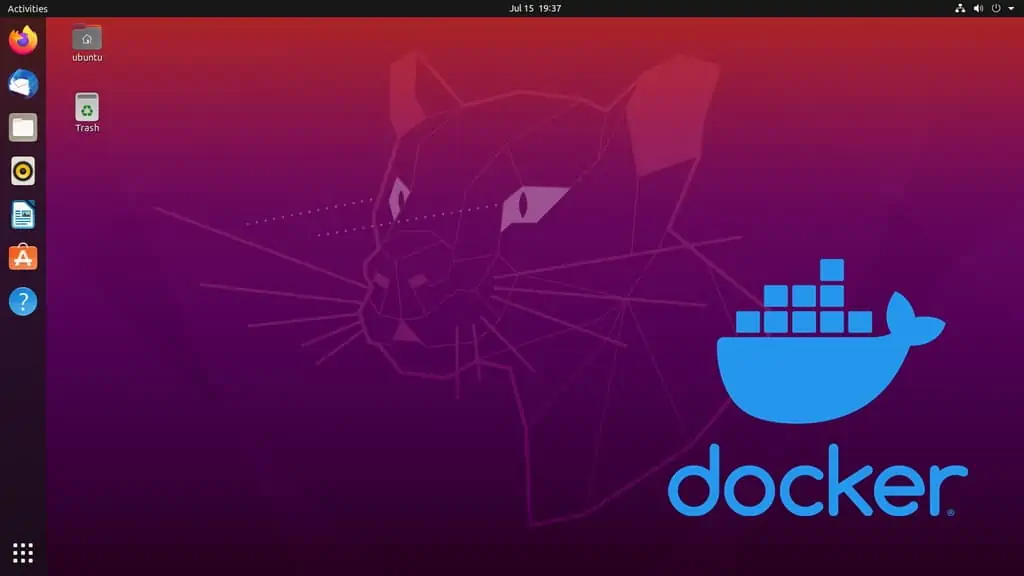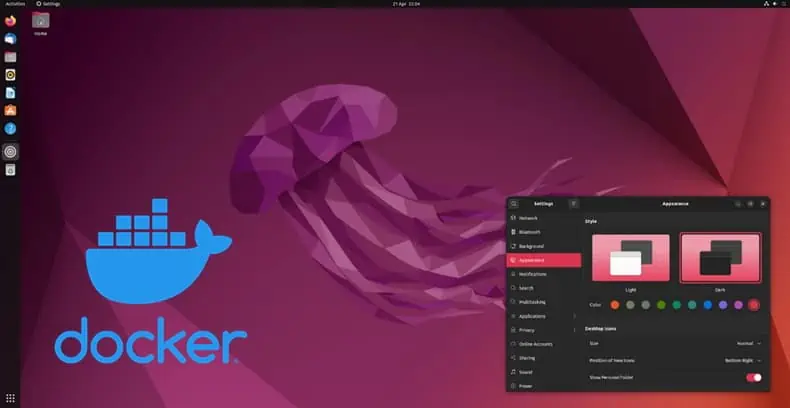Kodi ranks among the most popular media cener software options available. Kodi for Linux is an essential Linux media center software option. While Kodi has long been available for Linux, there's now a Kodi snap package. Learn how to install Kodi snap app on Ubuntu. [Read: Plex vs Kodi - The ultimate comparison guide for beginners]
Table of Contents
What is a snap?
As Canonical explains, snaps are universal Linux packages. Because snaps offer a fast installation, intuitive means of running, and automatic updates snaps remain the best means of app delivery. Additionally snaps function across any hardware and Linux distros. Kodi is an excellent media center for both streaming media like Ted Talks as well as local file playback. Now, with the Kodi snap package, it's even faster to install Kodi for Linux. [Read: 10 Best legal Kodi streaming boxes - Best Kodi box 2017]
Best Kodi Addons:
- 20 Best add-ons for Kodi 18 Leia with installation instructions - 2019
- Top Kodi Addons: Ultimate List of 93 Working Kodi Addons in 2018
- 6 Must have Kodi addons for Broadcast TV streaming
- 6 best legal Kodi TV show addons – TV show addons for Kodi
- The 6 best legal Kodi movie addons – Movie addons for Kodi
- 5 Best Legal Kodi Anime Addons for your Kodi HTPC
- 10 Best Kodi Kids Addons List for your HTPC
Kodi snap package installation
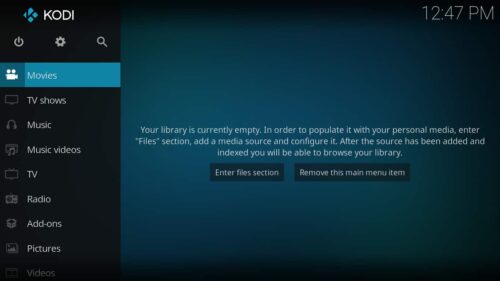
Kodi for Linux as a snap app is fairly intuitive. However, note that when you install Kodi snap app packages, you're getting a version of Kodi available in the -edge channel. Since edge is bleeding edge, it's the latest version. But edge is also unstable. Therefore, it's best to offer feedback on bugs in the Kodi forum. [Read: 10 Best Linux media center distros - Linux HTPC distros]
Install Kodi snap app
The Kodi snap package loads Kodi 18 Alpha 1. You can install Kodi snap app on Ubuntu as well as other snap compatible Linux operating systems. Open a command line (CTRL + ALT + T). Run the following command:

snap install kodi --edge
Kodi for Linux should properly install with this simple Kodi snap package commane. However, if this does not install Kodi snap app, you might require manually connecting snap to Kodi. Proceed with manually linking these snap interfaces and install Kodi snap app with:

for PERM in alsa avahi-observe hardware-observe locale-control mount-observe network-observe removable-media shutdown system-observe; do sudo snap connect kodi:${PERM}; doneOnce that's complete, run Kodi for Linux from the command line:

snap run kodi
As the Kodi snap package is fairly new, you may encounter bugs and limitations. The forum is a great place to check known issues. However, for those seeking a stable version of Kodi, there's always the Kodi PPA. Instead of the bleeding edge release, the Kodi for Linux PPA installation method lends the latest stable Kodi iteration. [Read: 5 Best Kodi alternatives for media enthusiasts - Kodi-like apps]
Install Kodi snap app on Linux: Final thoughts
Kodi for Linux is an essential media center application. For the bleeding edge version, it's intuitive and quick to install Kodi snap app on the likes of Ubuntu, Xubuntu, and Lubuntu. The Kodi snap package is as simple as a few prompts entered in the command line. After installing Kodi for Linux, bolster your streaming set up with these six must-have Kodi addons for broadcast TV sreaming and the 10 best legal streaming Kodi addons. [Read: 5 Best Linux laptops you can buy in 2017 - Linux compatible laptops]
For stability-minded Ubuntu users, try the PPA version of Kodi for Linux. Still, the Kodi snap package boasts a cutting edge version of the Kodi open-source media center. With a shifting Kodi landscape, it's now feasible to install Kodi snap app which proves the platform's continued advancement. Kodi v18 promises features like a Windows 64-bit version, Android Leanback suggestions, voice and search typing, and more. After you've installed the Kodi snap package for Linux, check out these best Kodi remote control apps as well as Kodi IR remotes for HTPC use.
Which version of Kodi are you running, and what Linux distros do you prefer?

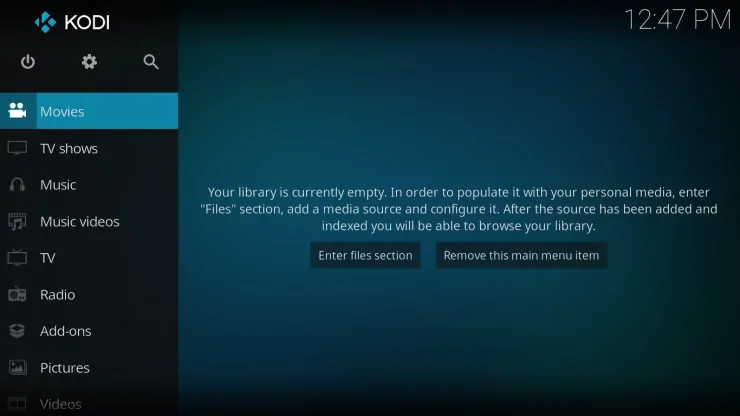
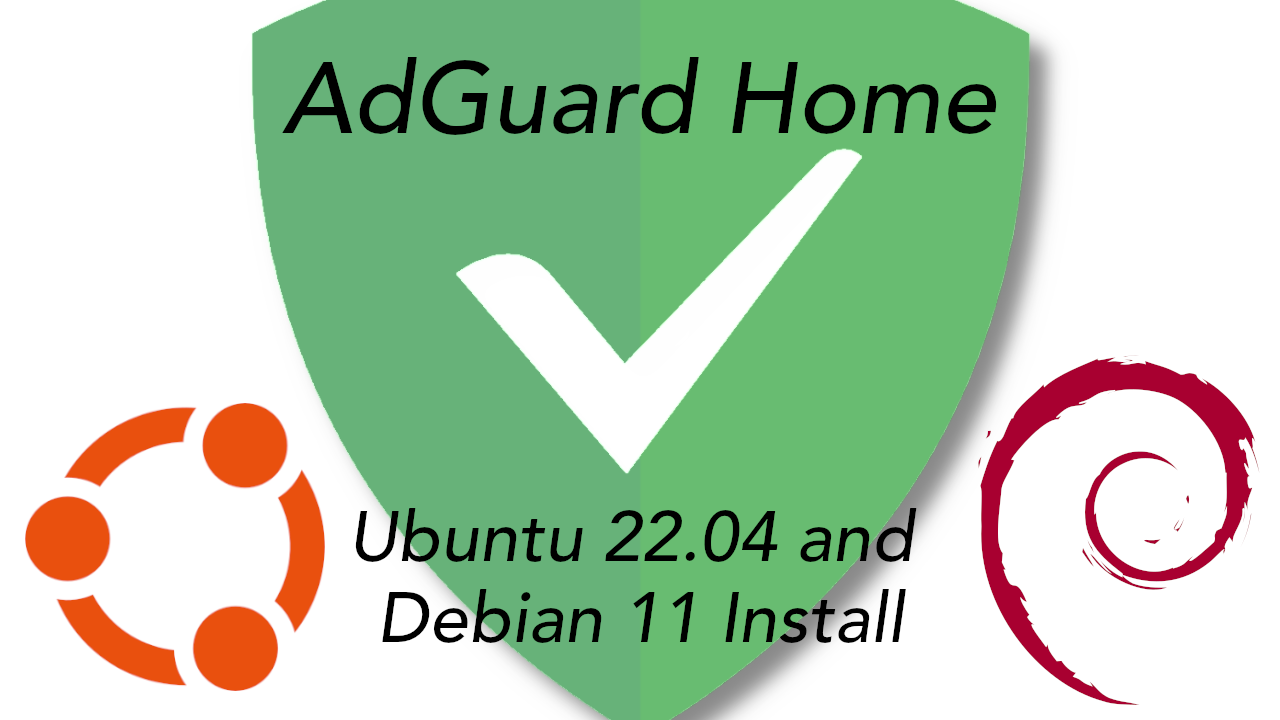
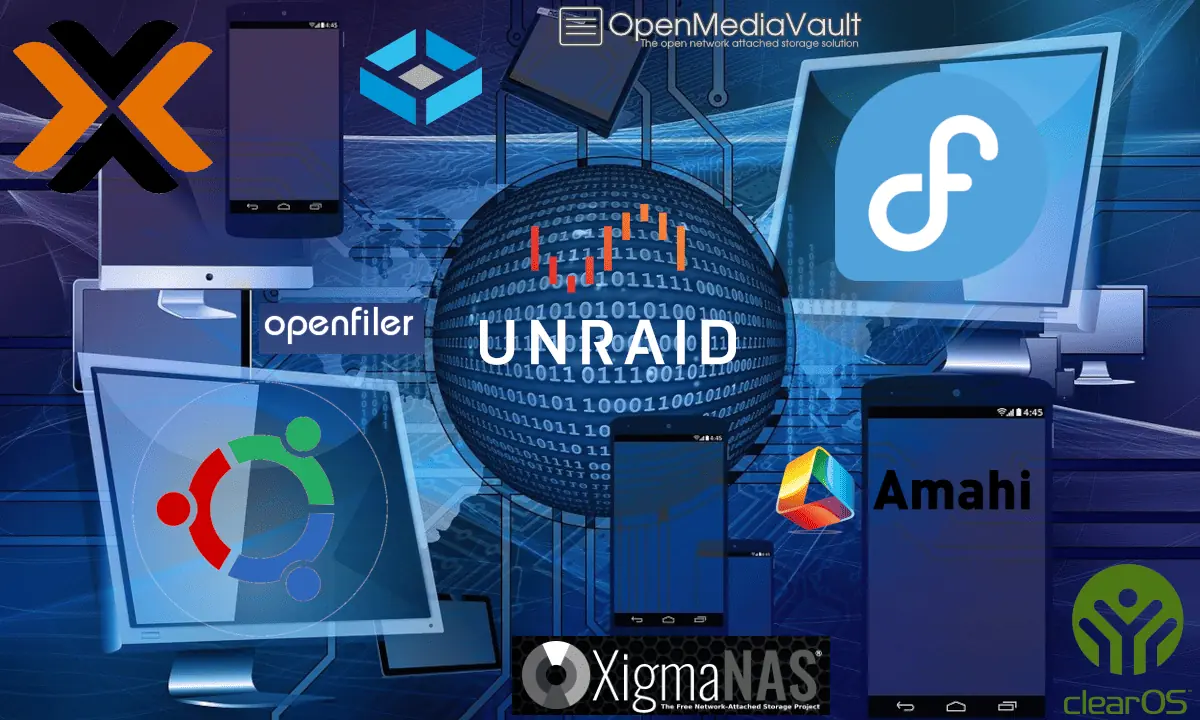

![8 Amazing Raspberry Pi Ideas [2022]: Beginners and Enthusiasts Raspberry Pi ideas](https://www.smarthomebeginner.com/images/2021/09/raspberry-pi-4-dev-board.jpg)
